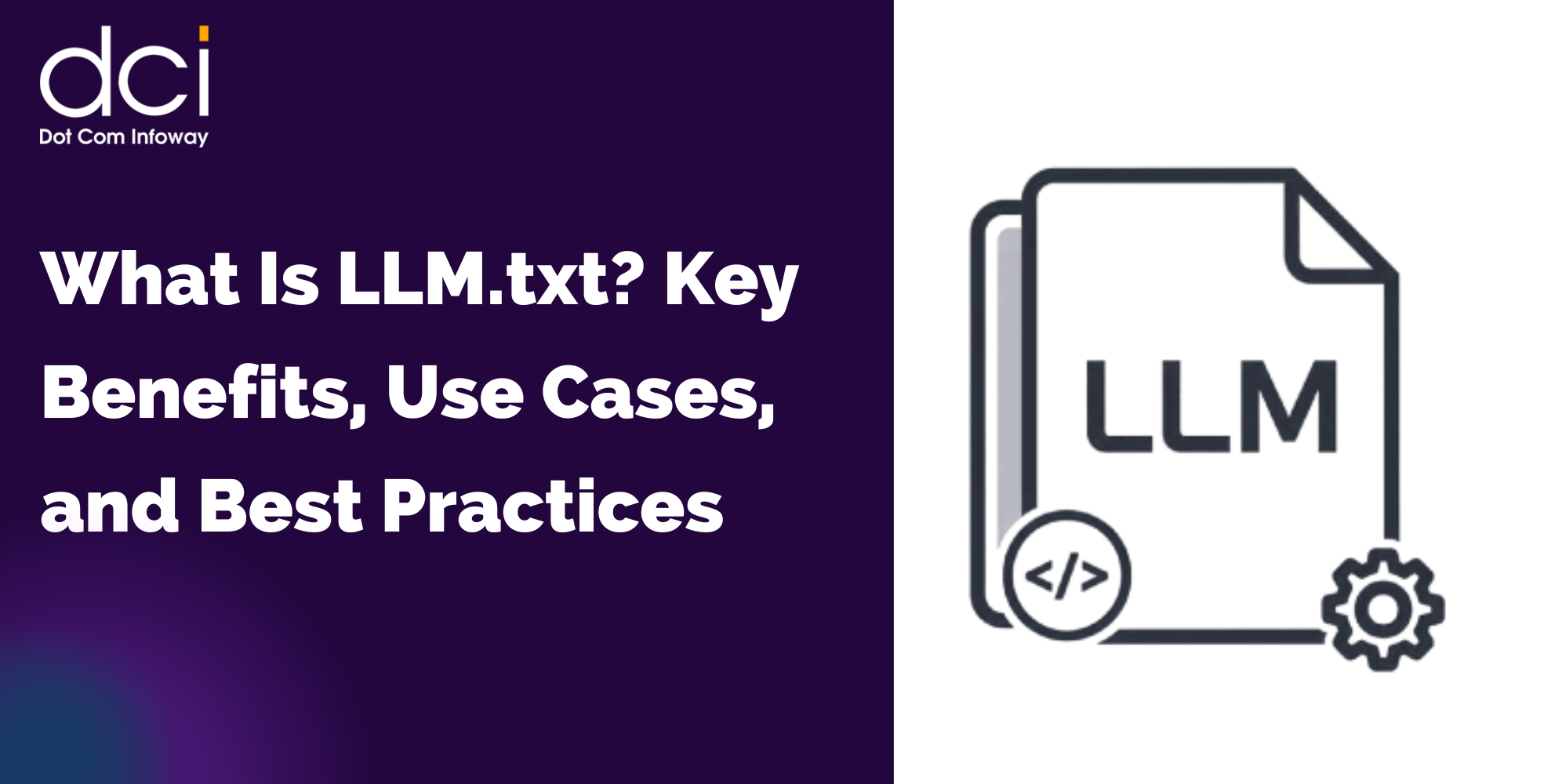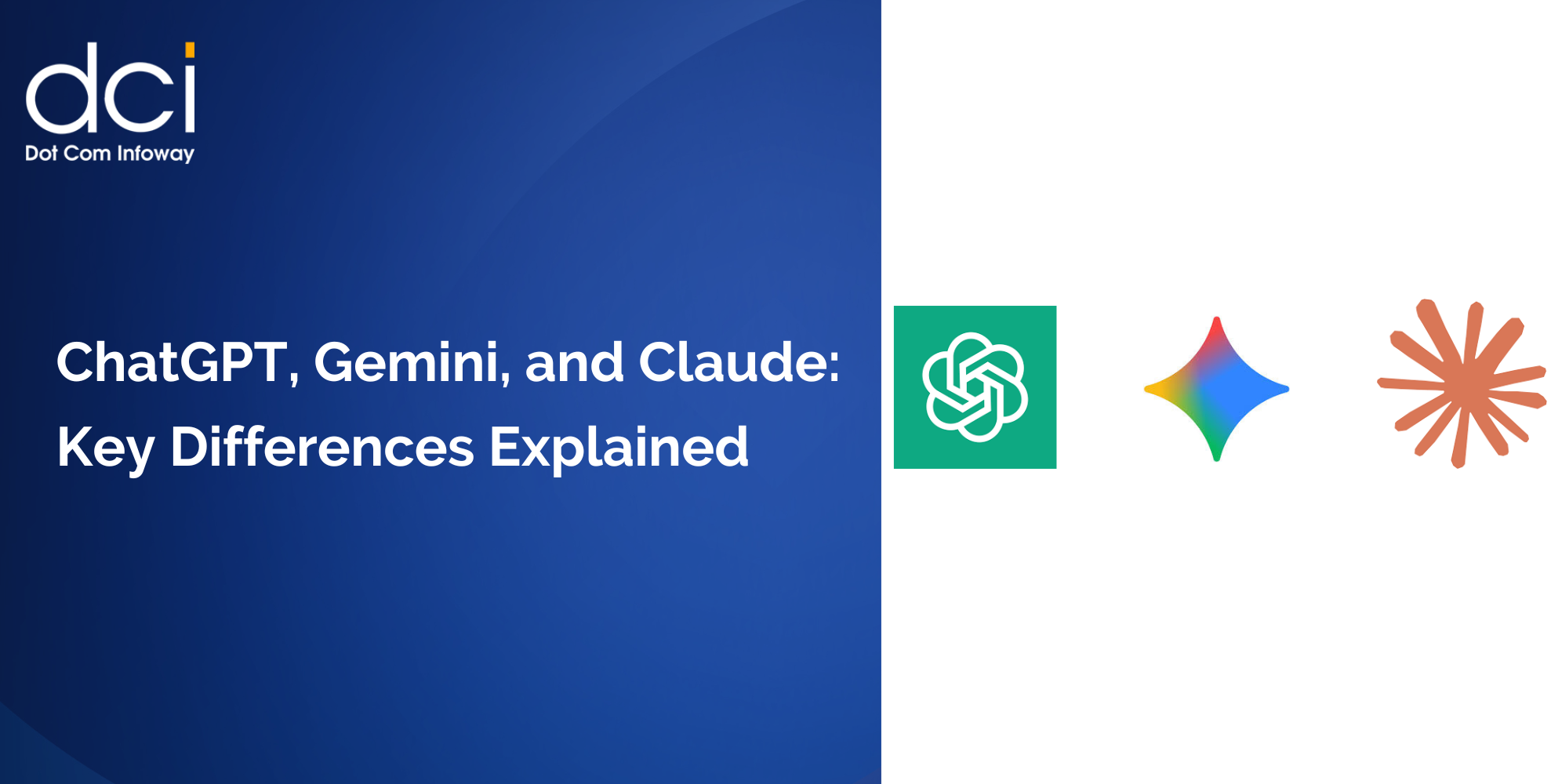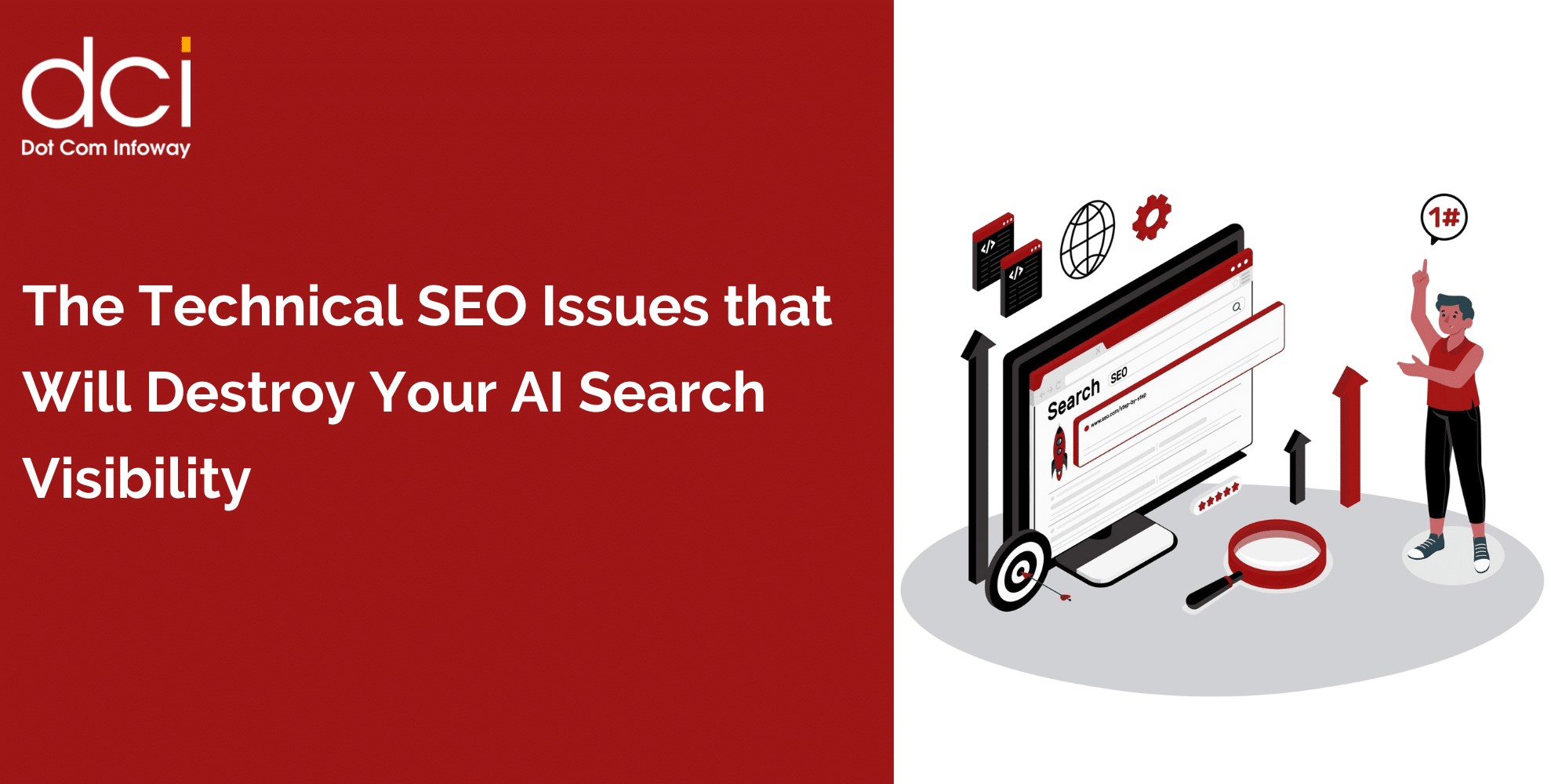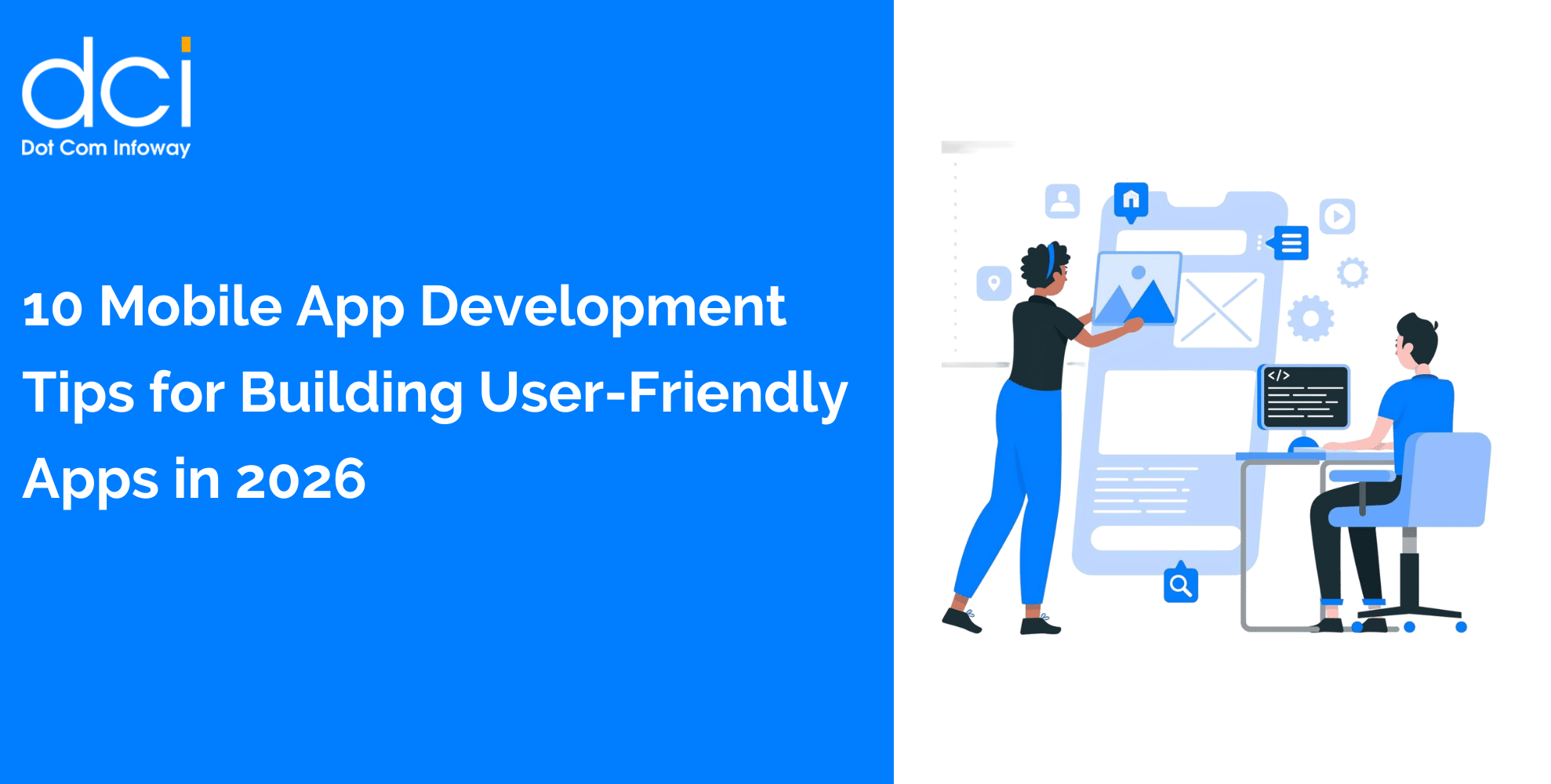Best Practices for Implementation
Focus on Quality Over Quantity
Resist the temptation to include every page on your site. LLM.txt works best when you curate your highest-priority content – typically 20-50 of your most valuable pages that represent your core expertise and offerings.
Use Clear Markdown Formatting
Keep your file simple and well-structured using standard Markdown elements. Avoid JavaScript, complex styling, or dynamic content. Here’s a basic structure:
• Page title with clear, descriptive language
• Brief summary explaining the page’s value and context
• Direct URL to the specific page
• Logical grouping by topic or category
Provide Meaningful Descriptions
Each entry should include context that helps AI understand the page’s purpose, target audience, and key information. Generic descriptions like “About Us” won’t cut it – be specific about what makes each page valuable.
Regular Updates and Maintenance
As your website evolves, keep your LLM.txt file current. Outdated information can lead to AI systems citing irrelevant or incorrect content about your business.
Limitations and Potential Risks
Despite its promise, LLM.txt faces several challenges that businesses need to consider:
Limited Platform Adoption
Currently, there’s no universal standard for LLM.txt implementation across AI platforms. Different AI systems may interpret or prioritize the file differently, limiting its immediate impact.
“The biggest challenge facing LLM.txt adoption is the lack of standardization across AI platforms and search engines,” notes analysis from Search Engine Land.
Potential for Abuse and Spam
Like any SEO technique, LLM.txt could become a target for manipulation. Some websites might stuff keywords or misrepresent their content quality, potentially leading to AI systems developing filtering mechanisms.
No Guarantee of Usage
Creating an LLM.txt file doesn’t guarantee that AI systems will use it. These platforms may choose to ignore the file entirely or weight it differently than expected.
Implementation Guide for AI-Driven SEO Strategies
Step 1: Content Audit and Prioritization
Start by identifying your most valuable content that aligns with your SEO for AI tools strategy. Focus on pages that:
• Generate the most organic traffic
• Convert visitors at the highest rates
• Showcase your unique expertise
• Answer common customer questions
Step 2: Create Your LLM.txt File
Write your file using clear Markdown formatting, organizing content by logical categories. Test the file’s readability by having team members review it – if humans can’t easily understand it, AI systems likely won’t either.
Step 3: Monitor and Measure Impact
Track mentions of your brand and content in AI-generated responses over time. While direct attribution can be challenging, monitor changes in:
• Brand mention frequency in AI responses
• Accuracy of information about your company
• Traffic from AI-powered search platforms
The Future of Generative Engine Optimization
As AI continues reshaping how people discover and consume information, AEO SEO (Answer Engine Optimization) becomes increasingly critical for business success. LLM.txt represents just the beginning of a broader shift toward AI-optimized content strategies.
Forward-thinking businesses are already experimenting with advanced implementations, including multiple LLM.txt variants for different use cases and integration with structured data markup for enhanced context.
The key is starting now, before your competitors establish themselves as the authoritative sources in AI-generated responses about your industry.
Conclusion
LLM.txt offers a powerful yet simple way to bridge the gap between traditional SEO and the AI-driven future of search. While still emerging, early adopters who implement this technology thoughtfully will likely gain significant advantages in AI visibility and brand recognition.
The transition to AI-powered search isn’t coming – it’s already here. Businesses that adapt their content strategies now will be better positioned to thrive as these technologies become mainstream.
For organizations looking to implement comprehensive LLM search engine optimization strategies, partnering with experienced professionals can accelerate results and avoid common pitfalls. Dot Com Infoway’s LLM SEO Service specializes in helping businesses optimize their digital presence for AI-driven search, ensuring your content gets the visibility it deserves in this rapidly evolving landscape.
The future of search is here. The question isn’t whether you should adapt – it’s how quickly you can get started.







![The Game Marketing Guide: Pre and Post-Launch Strategies [Infographic]](https://www.dotcominfoway.com/wp-content/uploads/2023/09/DCI-Game-Marketing-blog-1.jpg)














